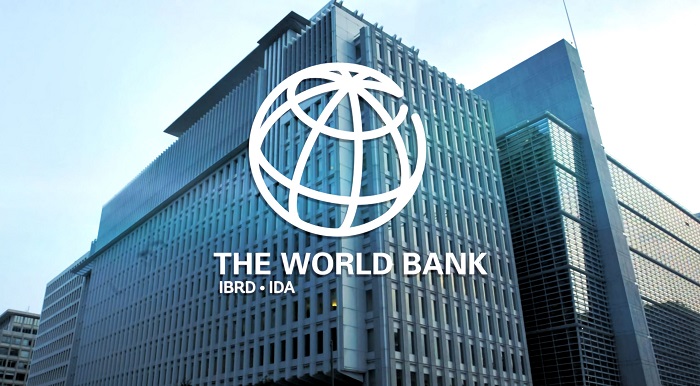
World Bank estimated that Nepal's economy will grow only by 3.9 percent in current fiscal year, a mid-July 2024, while Nepal, experiencing 1.9 of lowest growth rate last fiscal year, targeted 6 percent of economic growth this year.
"In the beginning, expectations were high but there is nothing on track", Jagdish Chandra Pokharel, a senior economist remarked at current Nepal's economy.
On September 20, the Asian Development Bank projected Nepal to grow by 4.3 percent in the current fiscal year ending mid-July 2024, down from the earlier forecast of 5 percent.
On Tuesday, the World Bank said Nepal’s economy will grow by 3.9 percent in the current fiscal year.
There is low trust in the government and as a result, the private sector is investing cautiously.
Foreign investors are closely watching the corruption and scandals in Nepal, said Pokhrel.
On Sunday, Nepal Oil Corporation tossed out its auto pricing mechanism and rolled back fuel prices following an executive order by Prime Minister Pushpa Kamal Dahal.
“Verbal orders are replacing the law. That's anarchy,” said Pokhrel.
The World Bank said that Nepal’s inflation is expected to remain elevated, reflecting the removal of VAT exemptions on select basic food items and necessities, India’s food export restrictions, and the recent global increase in fuel prices. High inflation will weigh on the real disposable income of the people, the report said.
The report exposes that labour productivity deficit across all three sectors- agriculture, industry and services of nation in comparison to peer countries and main trading partner, India will end Nepal suffering.
Nepal continues to expand electricity production and export to international markets, the report said that the electricity trade is expected to reach surplus by next fiscal year as this also lowers the fossil fuel consumption to some extent.
Remittance inflows are expected to remain robust over the medium term, reflecting the lagged impact of near-record worker out-migration in the last fiscal year.












